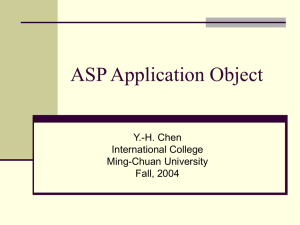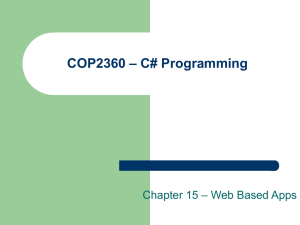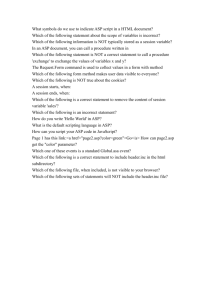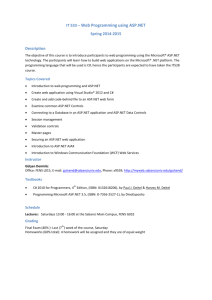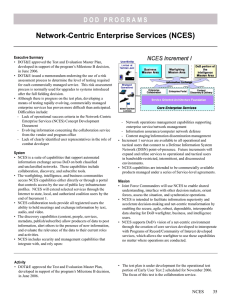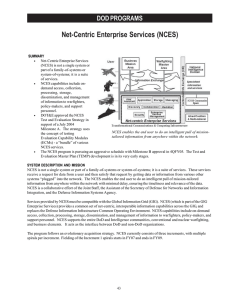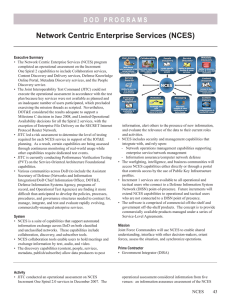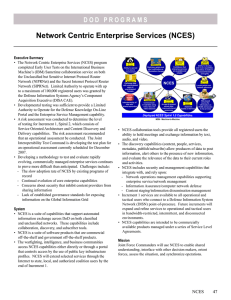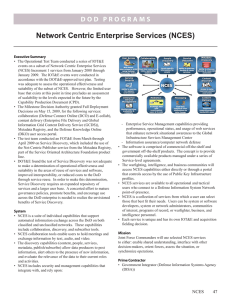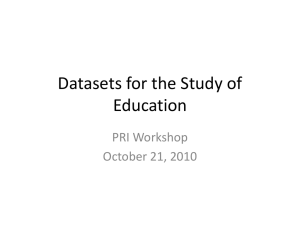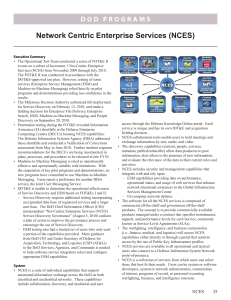The DreemKeepers
advertisement
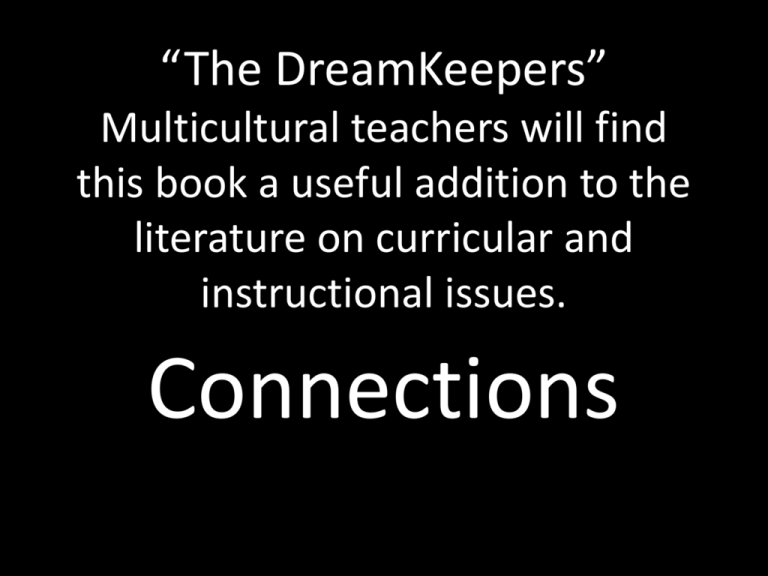
“The DreamKeepers” Multicultural teachers will find this book a useful addition to the literature on curricular and instructional issues. Connections Chapters 1-3 Chapter 1 • A Dream Deferred Current climate: “African American Students continue to lag significantly behind their white counterparts on all standard ,measures of achievement” Billings (p. 1) African American teachers make up less than 5 % of the total public school teaching White Students who come to school benefit from special programs while African American students remain in the low-level classes Is this true? • From 1990 to 2009, the percentage of White, Black, Hispanic, and Asian/Pacific Islander graduates completing at least a standard curriculum increased. The increase was greater for White and Asian/Pacific Islander graduates than for Black and Hispanic graduates. • http://nces.ed.gov/surveys/ctes/tables/h119. asp • http://nces.ed.gov/surveys/sass/tables/sass07 08_2009324_t1s_02.asp • http://nces.ed.gov/pubs2009/2009324/tables /sass0708_2009324_t12n_02.asp connection • Diller & Moule (2005) write about the impact of cultural relevance, they relay, “…how racism or stereotyping played a role in how teachers relate to students. They go further to explain if educators don’t implement culturally relevant curriculum, they will “miss the needs of many culturally diverse students” (p. 149). • Why??? connection • Moreover, Diller &Moule (2005) also give us an idea at what is considered the norm in the classroom. They say, “…scripts lay out what is supposed to happen and how others’ actions are to be interpreted” (p.152). In summation, although many teachers take a cultural stance with curriculum, we must be aware of instances where we expect students to write, answer, or recite the way we want them to. Many teachers say, “…not up to my standards” (Diller &Moule, 2005, p.151) Freedom Writers • http://youtu.be/MT0L1U-Rdj4 Community • http://www.community4me.com/cbinclassroo m.html Chapters 4-6 http://nces.ed.gov/nationsreportcard/nies/nie s_2005/L0141.asp?subtab_id=Tab_2&tab_id=t ab1&printver=#chart Does Culture Matter? • • • • • • • • • • • • • • • • Topical: Culture consists of everything on a list of topics, or categories, such as social organization, religion, or economy Historical: Culture is social heritage, or tradition, that is passed on to future generations Behavioral: Culture is shared, learned human behavior, a way of life Normative: Culture is ideals, values, or rules for living Functional: Culture is the way humans solve problems of adapting to the environment or living together Mental: Culture is a complex of ideas, or learned habits, that inhibit impulses and distinguish people from animals Structural: Culture consists of patterned and interrelated ideas, symbols, or behaviors Symbolic: Culture is based on arbitrarily assigned meanings that are shared by a society Chapter 7 Hope “ A Dream Deferred” Langston Hughes http://poetryoutloud.org/poems/audiocd.html Effective teaching for African Americans What can you do? • http://web.uconn.edu/asp/Accelerated_Schoo ls_Plus/files/Urban%20Ed%20%20%20Framin g%20Student%20Success%20.pdf • Be Aware In Closing • Paulo Freire, quoted in Nieto and Bode (2008) has poignantly said of cultural importance, • Educators need to know what happens in the world of children with whom they work. They need to know the universe of their dreams, the language with which they skillfully defend themselves from the aggressiveness of their world, what they know independently of school, and how they know it (p.263).
